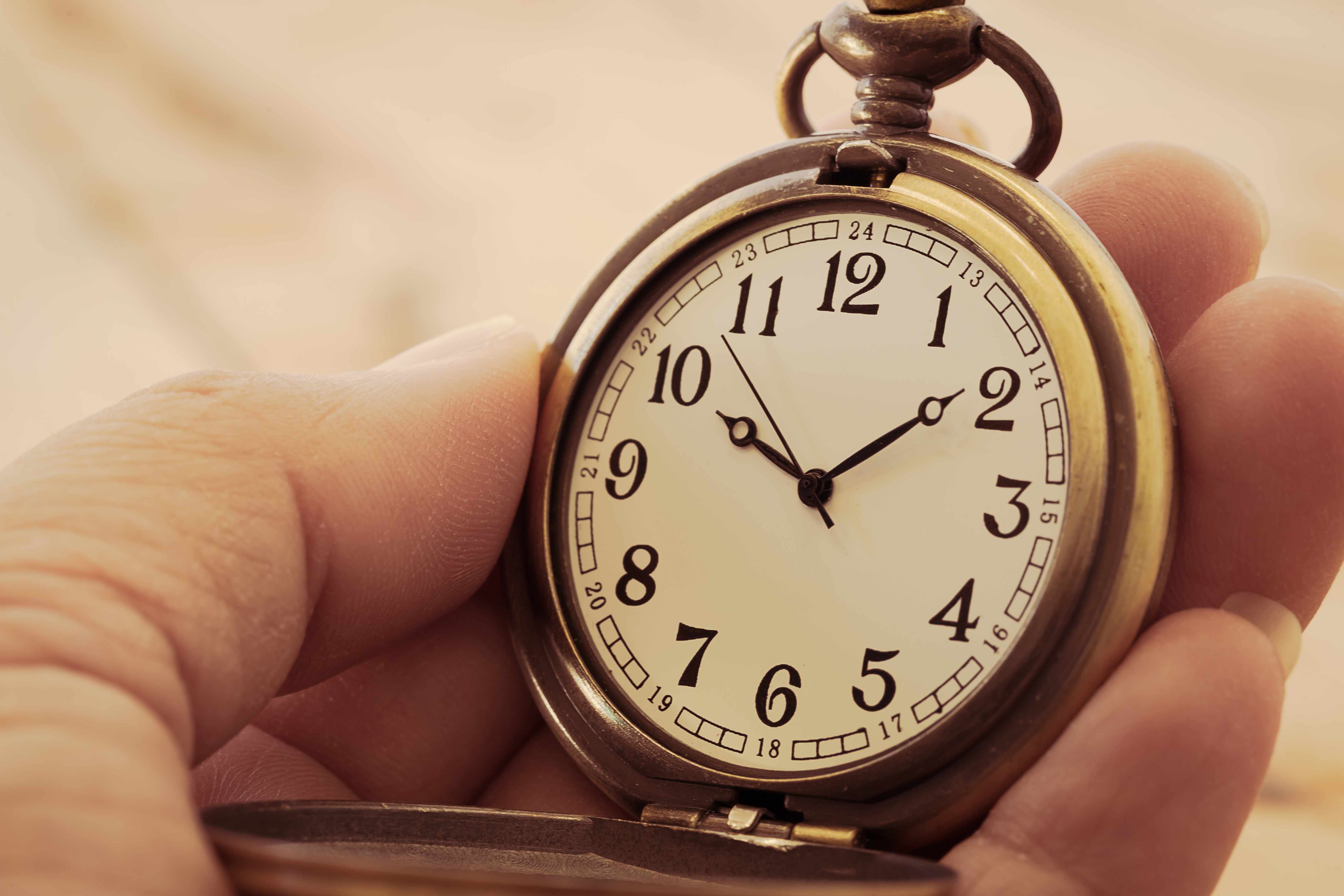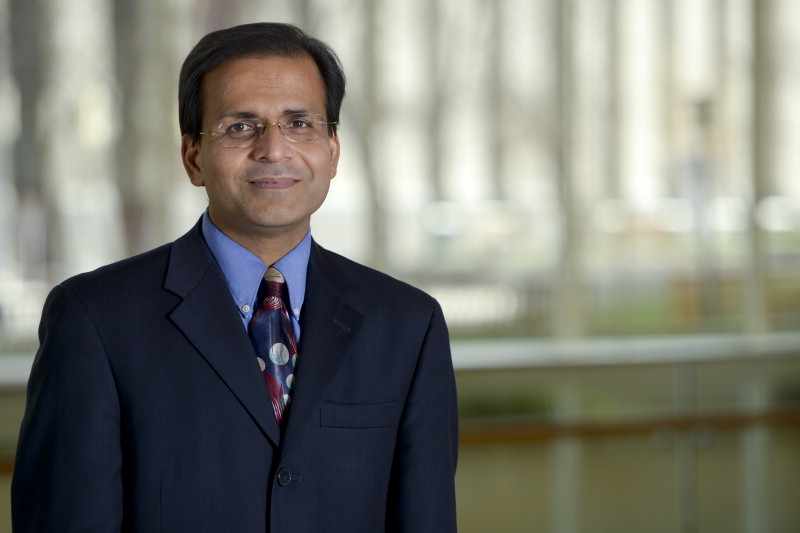-
Something to Think About: Does Time Heal?
Dear friend,
Different philosophers, physicists, and religious authorities have different perspectives on the nature of time. Most of us see the past as the past, while some tribes look at the past as the future (and the future as the past). Some track the movement of the sun, while others track the moon. Some see time as linear and others as circular. Some see time as finite, others as infinite. Some consider it real and others as unreal.
Countless instruments have been designed to measure time—T squares, sundials, water clocks, hourglasses, pendulums, clocks and watches of various types powered by gravity, springs, electricity, and now atomic clocks that are accurate to within seconds over millions of years. Each of these instruments measures time in its basic unit—seconds. One second is a large unit with respect to the speed of light or oscillation frequency of the cesium atom. For us at the conscious level, seconds thread together to create minutes, hours, and days. It is at this level that life expresses itself.
The drama of life is hosted by two stages—the gross stage of the world and the subtle stage of the time. Time provides the scaffold for life to weave its tapestry. Time, however, has been credited with more than it can deliver. Time is a passive witness that doesn’t interfere with life. Instead, time lets life play on it, just as a piano lets anyone with fingers play on it. Time doesn’t heal or hurt; time just allows the dominant perspective to express itself.
Time can comfort or create hurt. Time can comfort your hurts by creating a distance from the pain of losses and adversity. Distance, however, only takes the edge off; in order to heal, the mind has to find different and more adaptive ways of looking at the experience and fill the void with moments that compensate for the hurt with hope and positivity.
Time can deepen the pain by letting the mind create additional perspectives around misunderstandings and pick more hurts, forming a large beehive out of a minor initial slur. Our expectations have also changed over the generations. In the ancient past, if you and I met and walked away without punching each other’s noses, it was a good encounter. Not so now. Now, even minor disagreements or disapprovals, such as a little feeling of being disrespected, are enough to reject people outright. We have become very sensitive, and we easily get offended.
Such sensitivities hurt relationships. If you aren’t secure in relationships, you’ll struggle with building the nest where little ones can thrive. That’s not a recipe for a healthy society.
If you wish to find healing, you’ll have to let go of the need to always be approved and deemed right. You’ll have to lower your expectations and focus on how you can help rather than be helped. And when a crack appears, you’ll have to seal it as soon as possible, long before it deepens into a Grand Canyon.
Time can heal or multiply suffering. The outcome depends on what you fill the time with. Time filled with hurts and slurs worsens suffering; time filled with wisdom and love heals suffering. Time is the stage on which healing happens. The healer for me is my own mind, helped by yours.
May you fill your time with healing perspectives born of wisdom and love.
Take care.
Amit
Read Does Time Heal? and previous blog posts.
Also, follow @AmitSoodMD on Twitter.









